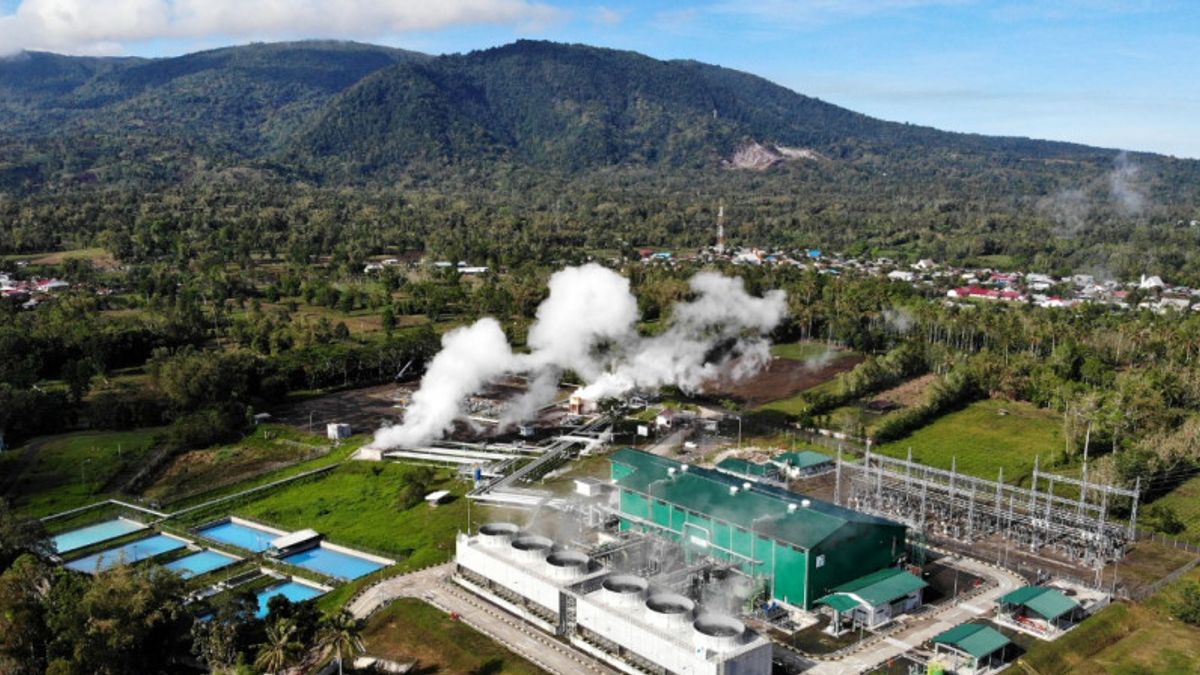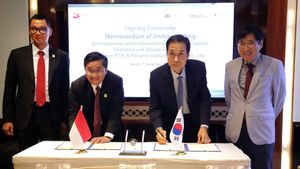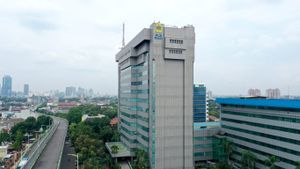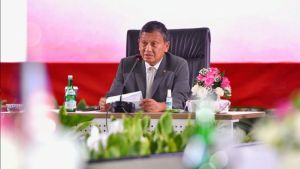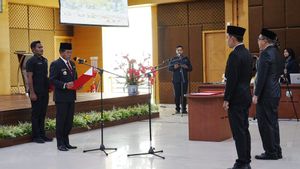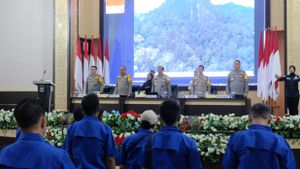The government plans to close private Steam Power Plants (PLTU) owned by industry players as an effort to overcome air pollution in the Jabodetabek area. The Coordinating Minister for Maritime Affairs and Investment (Menko Marves) Luhut Binsar Pandjaitan will divert electricity supply from PT PLN (Persero).
Responding to this, Energy Economy Observer at Gadjah Mada University (UGM) Fahmy Pophi assessed that these efforts are very worthy of being implemented in the near future.
This plan arose because the PLTU owned by business actors was suspected of making a significant contribution to air pollution in the Jabodetabek area.
"The plan is not only to overcome the problem of bad air pollution, but also to overcome the problem of over-supply electricity of PLN. Once carrying the rowing, the two islands were exceeded," said Fahmy in a written statement, on Monday, September 11.
Unlike the industrial-owned PLTU, Fahmy said, PLTU owned by PLN has implemented the Electrostatic System Precipitator (ESP) technology. This is a technology that controls ash from the burning process and captures the dust of PM 2.5 so that it does not scatter that pollutes the air.
In addition, Fahmy said, PLN's PLTU also applies Low NOx Burner technology which can reduce pollution, NO2 is very low or below the threshold set by the Ministry of Environment and Forestry.
"Meanwhile, private power plants owned by industry players generally have not implemented technology to suppress environmental pollution, because the cost of using technology is relatively expensive," he said.
Furthermore, Fahmy said that in the past industry players built their own PLTU because at that time the electricity supply from PLN was still limited. However, the current conditions are different, PLN's electricity supply after the plant project of 35,000 megawatts (MW) is abundant.
SEE ALSO:
Fahmy even considered that PLN was oversupply during the COVID-19 pandemic. Therefore, he assessed that the transfer of electricity supply from PLN was a solution in overcoming PLN's excess electricity supply.
However, Fahmy emphasized that PLN must be able to maintain the quantity and quality of electricity supplied throughout the industry without blackouts.
According to him, PLN is already ready to welcome the planned transfer of industrial electricity supply to PLN. In fact, PLN has accelerated the captive power acquisition program aimed at industrial customers to be willing to transfer their electricity supply to PLN.
"PLN electricity supply is believed to be cheaper, more reliable, and environmentally friendly. PLN also provides tariff incentives through the B-2-B scheme for business entities that switch to using PLN electricity," he concluded.
The English, Chinese, Japanese, Arabic, and French versions are automatically generated by the AI. So there may still be inaccuracies in translating, please always see Indonesian as our main language. (system supported by DigitalSiber.id)
